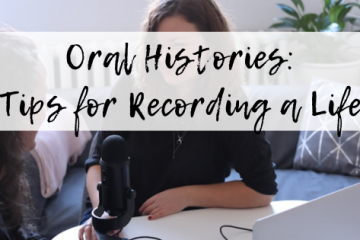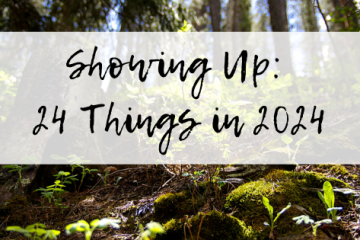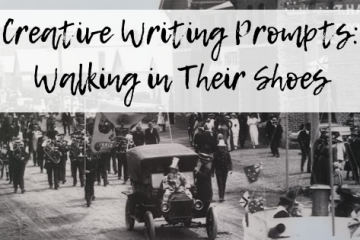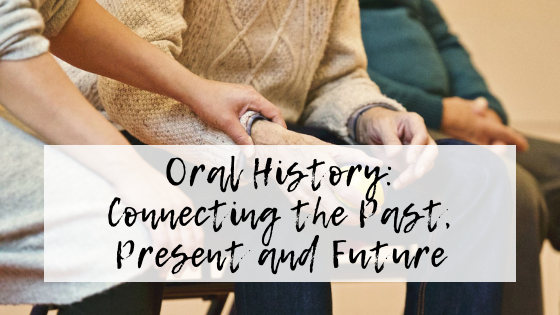
Have you ever considered recording your life story? Or would you’d like to see the life of someone you love or admire recorded for future generations?
Now, while I’m really happy to be employed to record someone’s story, what would be even better is teaching you how to conduct an interview or oral history yourself.
But before we get to that, why bother? Why record someone’s life story in the first place? Why record your own?
Well, I think there’s a number of good reasons!
Living Histories
While researching and writing Many Hearts, One Voice, I conducted numerous interviews, and was privy to the most extraordinary stories from ordinary women who’d lived through the Second World War. Through them, I learned many small but significant details I couldn’t find in any existing history book.
Such as what a parlour car was (any ideas???).
The older men and women in our community are our living histories. Their stories, wisdom and access to the past are invaluable. And they’ll soon be lost if we fail to capture them.

What if My Life’s Not Very Interesting?
When I first began interviewing members of the War Widows’ Guild, a common response was, ‘But I don’t know what I can tell you that’s of any use.’
Of course, once they’d been convinced to talk to me (often by another war widow!), I often couldn’t shut them up. And I can assure you, every single one of them had an interesting story to tell.
It really is a privilege to sit with people and record their stories, particularly those whose lives would be otherwise absent from the historical record.

In their book How to Write History that People want to Read, Ann Curthoys and Ann McGrath write:
“Oral histories of daily working lives, of routines and patterns of play and leisure, can reveal hidden histories. Many stories can only be learnt via oral histories.” (p. 92)
Inter-generational Connections
Anyone who watched the recent ABC series, Old People’s Home for 4 Year Olds will have seen the benefits of inter-generational connections to both the children and elderly residents involved.
Now, a four-year old is possibly a little young to be recording a family history, but I remember my daughter at about same age visiting the War Widows’ Guild with me, and chatting to the members who’d gathered to share morning tea and play bingo. Even now, those women ask after her when I drop in to say hi.
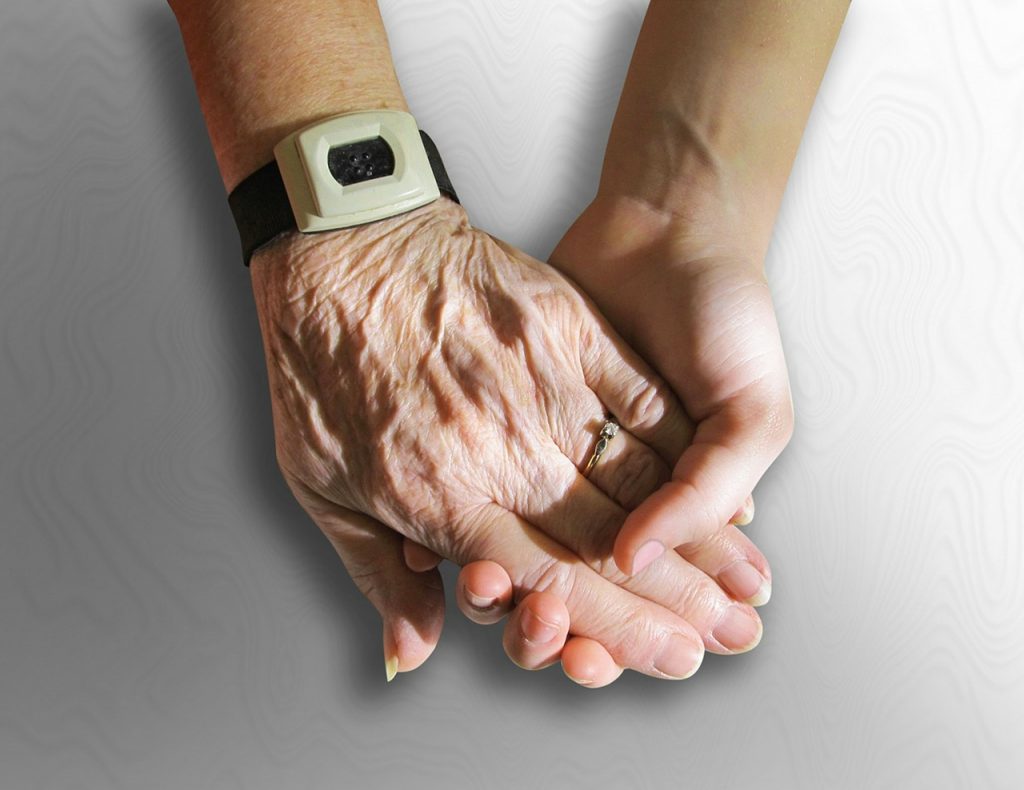
One of the ways my grandfather and I have re-established our relationship after my grandmother died has been around family history—and in fact was my primary motivation for enrolling in a Diploma of Family History. It gave me deadlines to ensure I had those important conversations about family stories while I still could.
Earlier this year, I facilitated a family history writing group at a community library, which also runs a local history competition each year. One of the workshop participants has not only been working on some of her family stories, but she’s been sharing some of that with her 10-year-old granddaughter, who entered the youth photography category—and won!
Future Generations
Despite the examples I’ve just given you, one of the comments I hear during almost every family history workshop I run is, ‘But my family isn’t interested.’
To which I answer, ‘But one day they will, and they will be so grateful you’ve recorded it.’
After my (other) grandfather’s death in 2000, my Nanna packed up her house and moved to WA’s south coast to be nearer my uncle. During the process, she asked me to help her sort through boxes of black and white photos. As a mother of a busy toddler, I’m ashamed to say I helped her begrudgingly, something I now regret. I missed a huge opportunity to ask questions about who was in those photos, as well as where and when.
More importantly, I missed an opportunity to connect with her.
I’m glad I at least had the sense to rescue the photos from the skip bin, which had been their destination, but imagine all those stories I could have discovered if I dared to ask the right questions.
So, I wasn’t interested at the time, but I certainly was just a few years later. By then it was largely too late.
But Who am I Recording it For?
Good question—it all depends!
The oral histories I conducted while writing Many Hearts, One Voice were as resource material for a broad audience. After recording them, I transcribed each one, and then extracted relevant fragments which I shaped into a narrative of both the individual war widow and the organisation I was researching. This book containing these stories was published for a wide, general readership.
At the same time, one of the war widows asked me to conduct a series of ten interviews, covering various aspects and time periods of her life, including one about her parents and her grandparents. The intended audience was a single person: her son.
And my local library conducts interviews with local residents in order to gather the stories of the area from the distant past until today. Now, as I write a middle-grade fiction set in Perth during the Second World War, these oral histories are an invaluable resource for me, and I’m so grateful, because again, it’s those small, specific details that I won’t easily find elsewhere.
So, you just never know who’ll benefit from you sharing your story, or having you record the story of a family or community member. Of course, in each of these cases, the interviewee should have control over how these histories are shared and archived, but that’s the subject of another post.
I’ve said this before in a much earlier post, but make the time and take the opportunity to record these stories while you still can—for your family member, for yourself, and for future generations.
Over to You
So, what are you waiting for?
Whose story are you going to help tell?
Perhaps it’s your own.
And if you’re not sure where to start or what your next step should be, stay tuned—or get in touch with a question!


